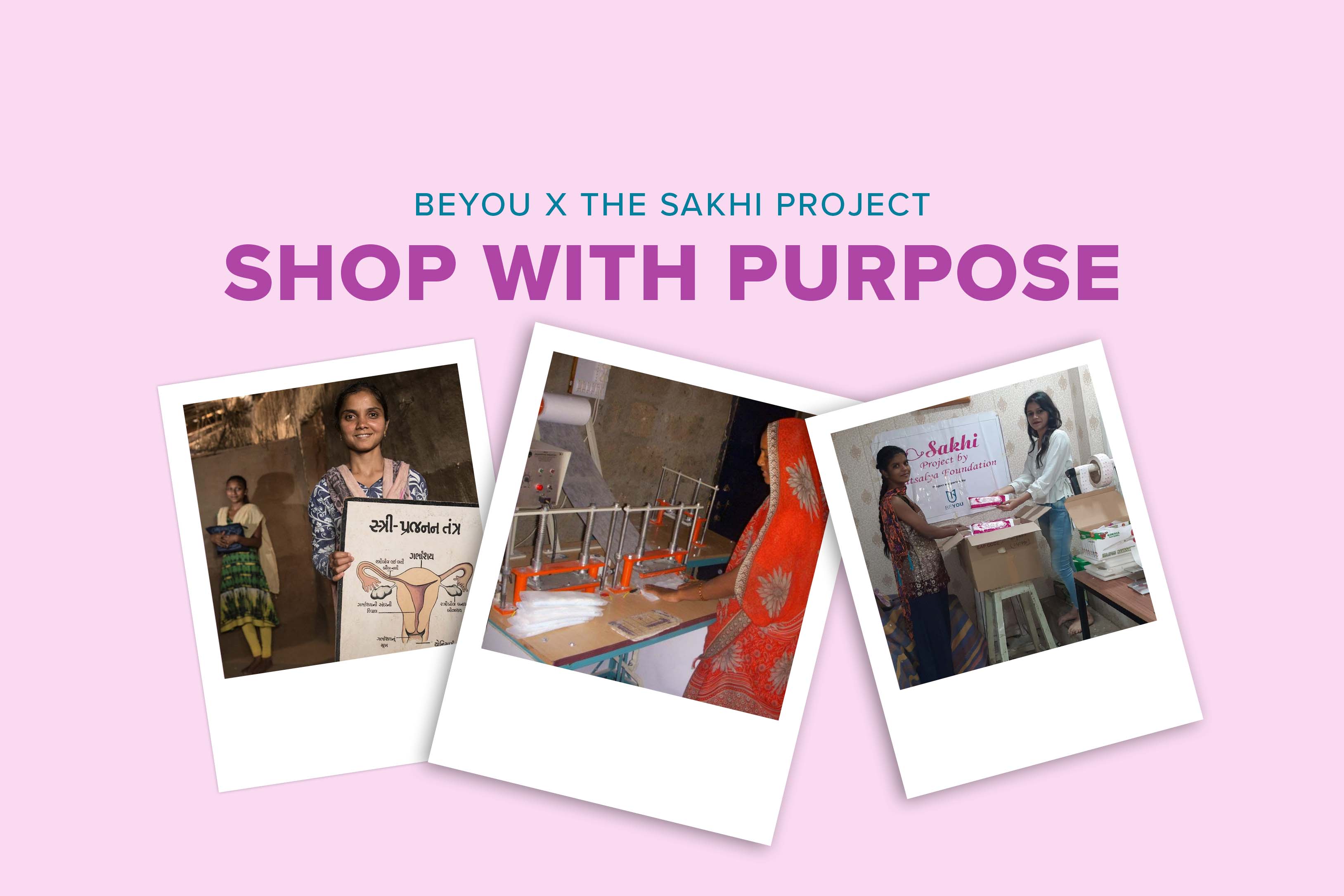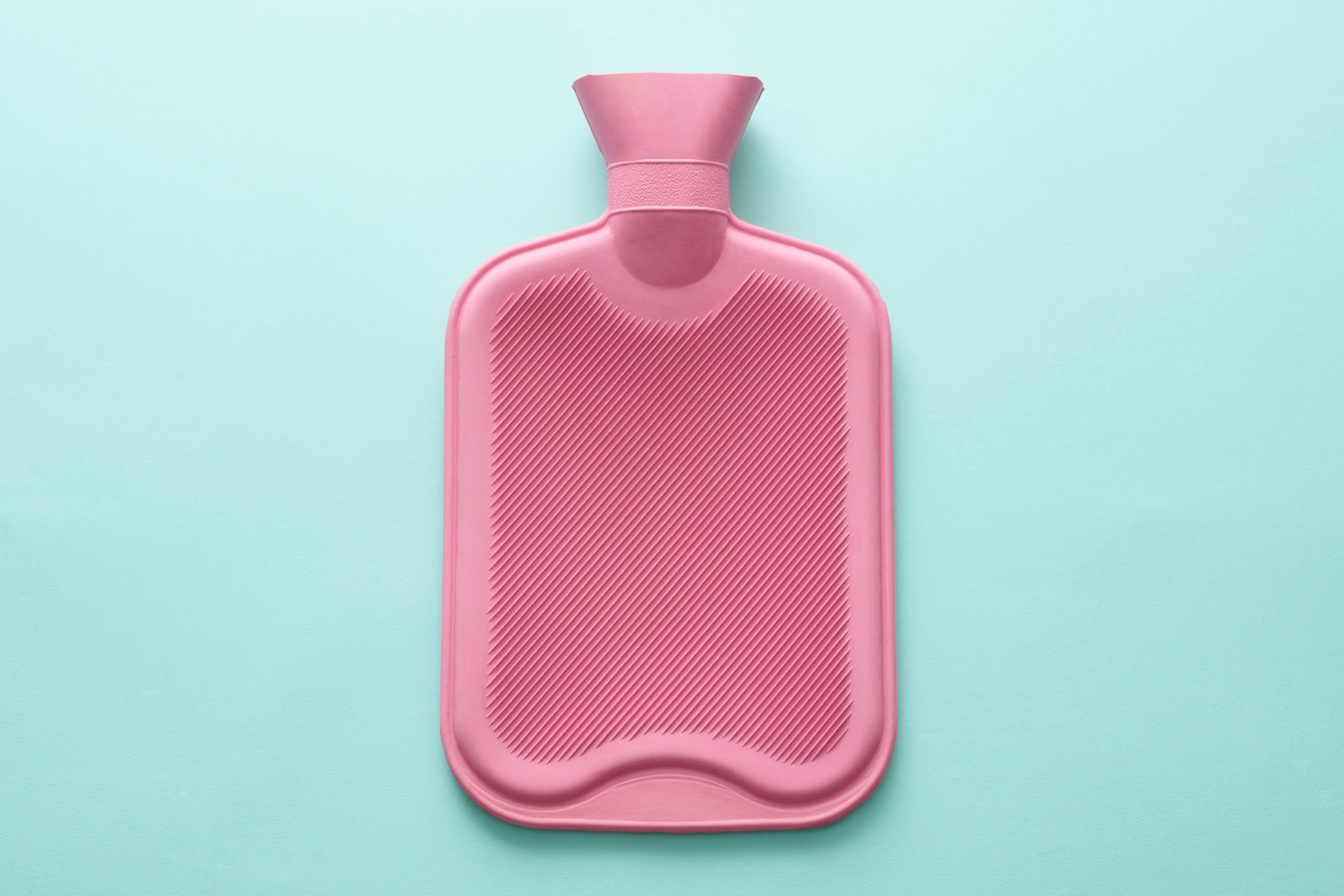How do different cultures respond to menstruation?
Aug. 31, 2021
One of the topics we’ll be talking about quite a lot is the whole attitude/taboo towards/surrounding periods. Sometimes they’ll be short musings from the team, other times they’ll be somewhat informational, like this post. That doesn’t mean we’re going to bore you into a coma though, it's actually fascinating to see the difference in attitudes that some cultures have. Not just because it’s totally different to what is perpetuated by a largely chauvinistic society, but because it makes you wonder… What if?
Yurok Purification
Many Native American cultures consider menarche (their first period) to be a deeply spiritual event. The women of the Yurok tribe from the northwest coast of the US see their period as a time for purification of the body. As we know, it’s also common for the group of women to get their periods at the same time each month, and this tribe is no exception. The women of the Yurok tribe will often get together during their period and do a series of rituals owing to their belief that they are at their most heightened spiritual state.
Washoe Sacrifice
Nevada’s Washoe tribe see blood as the greatest possible offering, meaning women are inherently honoured because they have periods. It’s also often reported that the Washoe tribes’ men created the Sun Dance to match the sacrifice of blood that the women of their tribe were giving.
Rungus Reality
The Rungus tribe in Borneo are realists. Their attitude is that if it needs to come out, it needs to come out! They see the period as simply another bodily fluid that needs to leave the body. Nonchalance at its best!
Ulithi House Party
Here’s a fun one! In the South Pacific lies the tiny island of Ulithi. Children, women that are breastfeeding, and women on their period get together in a separate house (or hut) and have a little party.
Ghanaian Gifts
This one, we LOVE! In some parts of Ghana, when a young girl gets her first period she is treated like a Princess! She will sit under a gorgeous ceremonial umbrella, while family pay her homage and give her gifts! It’s not uncommon for this to be a fully fledged party where she is, of course, the centre of attention!
Beng Blossom
What would you say if a man in your community made rules which you had to obey when you were on your period? Well, the Beng women of the Ivory coast live this reality. However, it’s not as dire as you might think. The rules weren’t created to harm or subjugate women. In fact, the attitude is actually quite positive, if not poetic. Periods are compared to a blossom. A tree needs to blossom before it can carry a fruit. In the same way, women need their period to be able to carry a baby. So there you have it, male-imposed restrictions from a place of understanding!

Historically, many of the inferior stereotypes about women stem from the monthly menstrual cycle. What if, instead of being looked down on, periods (and by extension, women) were respected just like some of the cultures above?
You have to admit, it’s refreshing to see a totally different viewpoint and attitude towards periods. Its difficult to comprehend any of those being the norm, but maybe one of the biggest differences is the whole perception of that first period being something welcomed and celebrated. We’d bet, like us, most readers will say something similar if they were to talk about their attitude towards periods growing up. Most people were extra conservative about it, but the general vibe was that periods suck, they’re messy and gross (and embarrassing), and it’s something to be whispered about. Regardless of how the period was explained to you, the whole narrative had a negative undertone.
It’s different if you’re squeamish, but wouldn’t it be amazing if that entire conversation was tilted on its head and, instead, we celebrated menarche? If it was something to look forward to and it didn’t have embarrassment associated with it (again, it’s difficult to imagine) maybe everyone's perception as a whole would change and there would be no taboo.
One day!









